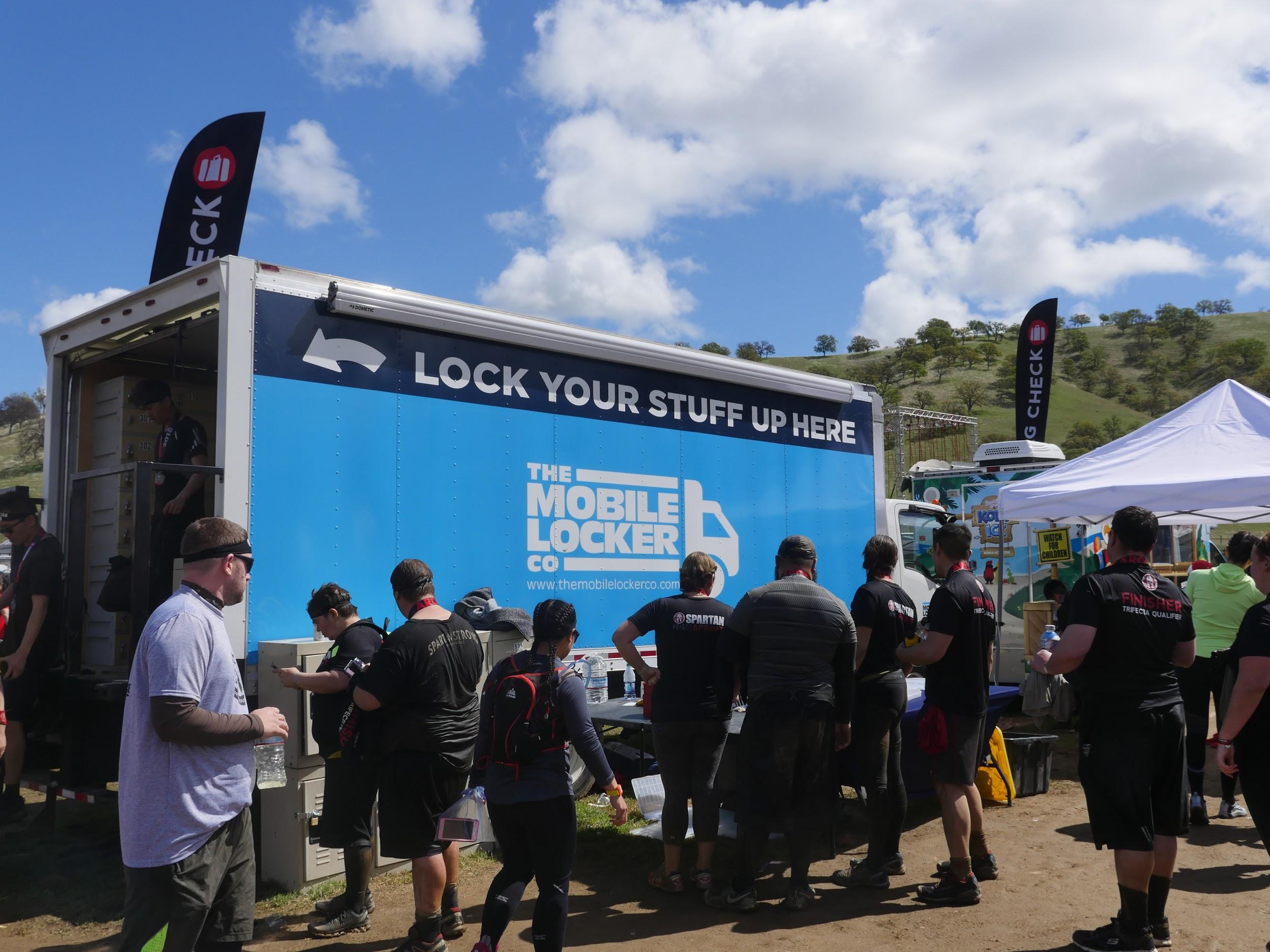Growing A Lockers On Wheels Business to $34k/mo
Hello! Who are you and what are you working on?
Molly O’Connor here, the Founder + CEO of The Mobile Locker Co, an onsite storage solution for events. We are the first mobile locker service in the US and utilize an e-commerce strategy for selling locker rental sales.
We service both spectator and competitor events, such as concert venues, golf tournaments, mud runs, and half marathons where participants and attendees utilize our locker units to store their stuff.
We kicked off our growth phase last year, and have since grown from two vehicles in one region to five vehicles in five regions! Our year over year revenues have just about doubled each year for our past two fiscal years as we’ve expanded our fleet and coverage areas.

What's your backstory and how did you come up with the idea?
As a runner I was...















